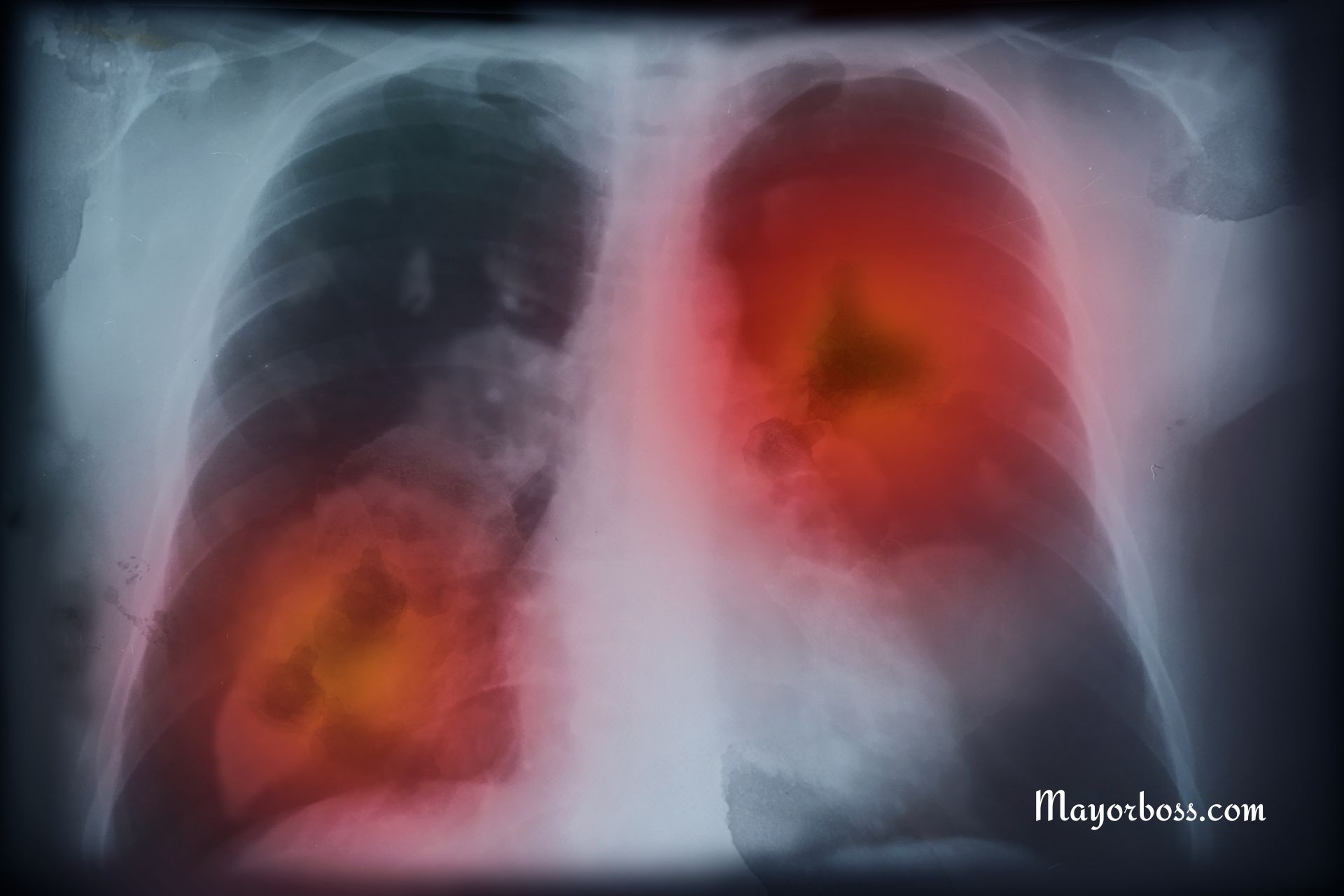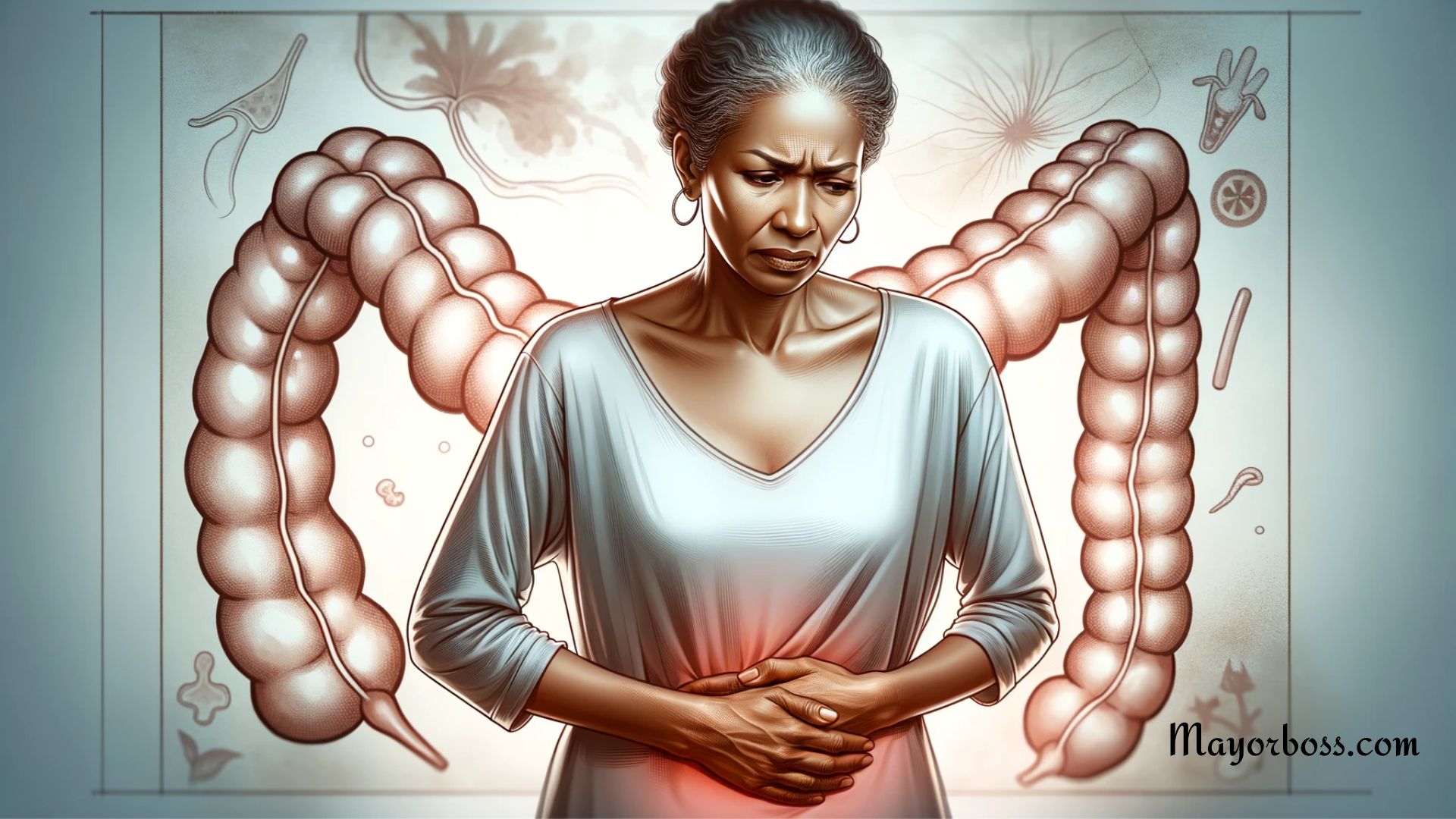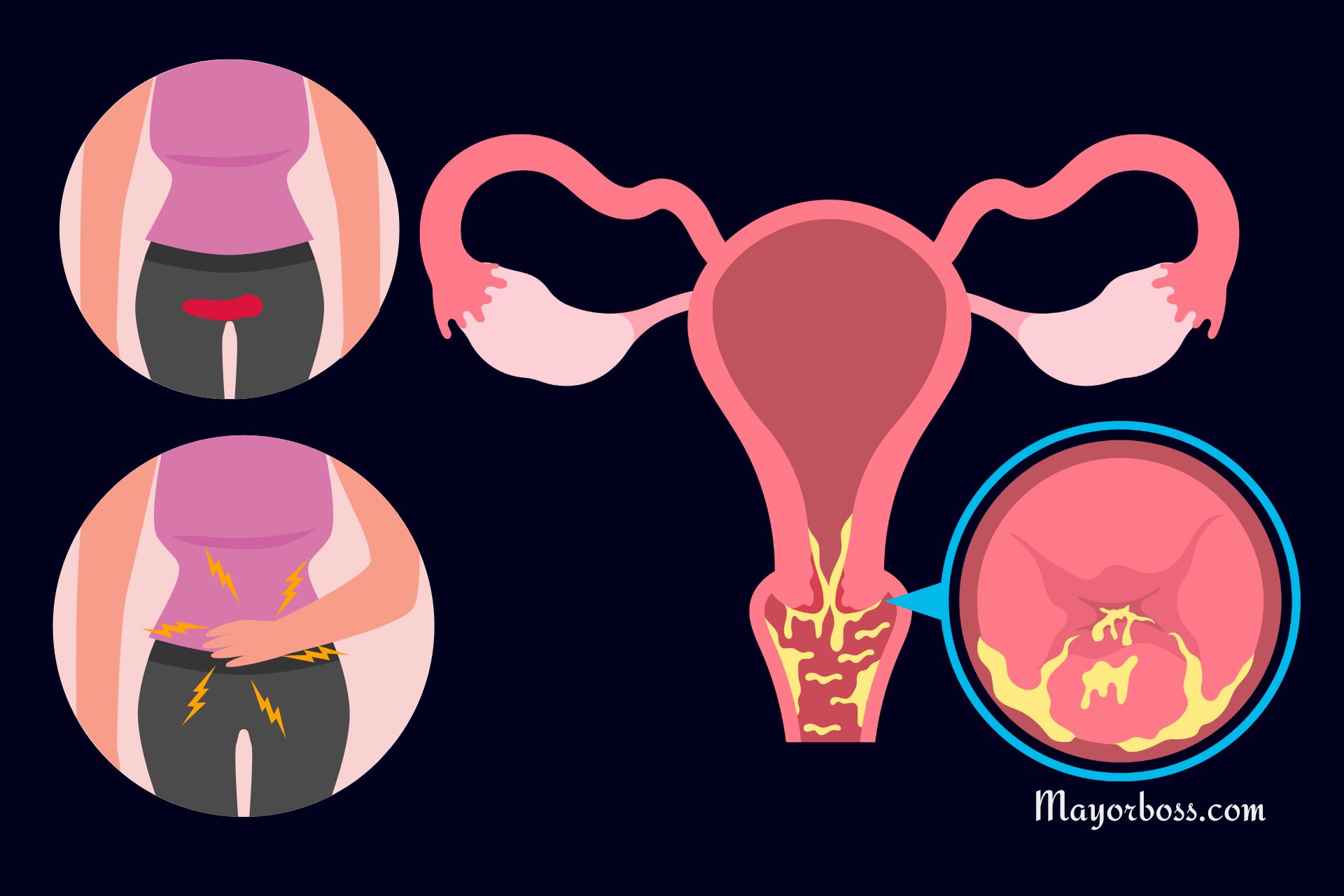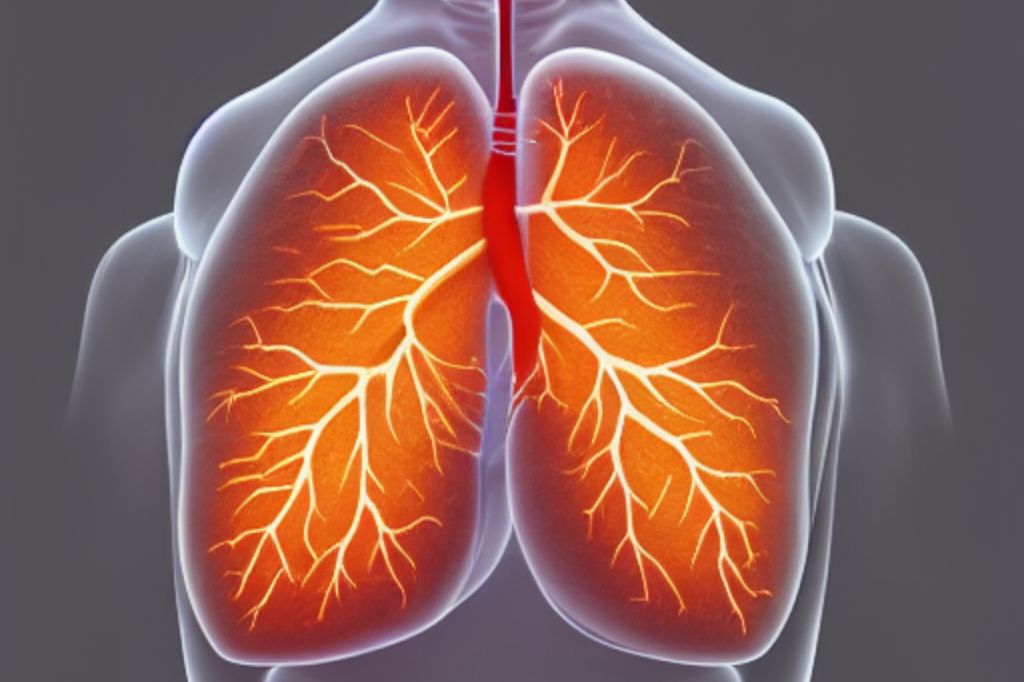What Are the Symptoms of Colorectal Cancer?
Colorectal cancer often starts with little to no symptoms. However, as the disease progresses, you might notice things like blood in your stool, abdominal pain, and unexplained weight loss. This article explores the various symptoms of colorectal cancer so you can be proactive in seeking medical advice if you experience any of these signs.
Change in Bowel Habits
Have you noticed a sudden change in your bowel habits? This could include diarrhea, constipation, or a change in the consistency of your stool. Although these symptoms can be due to other, less serious conditions like irritable bowel syndrome or an upset stomach, persistent changes should not be ignored.
Blood in Stool or Rectal Bleeding
Finding blood in your stool or experiencing rectal bleeding is another symptom. The blood may appear bright red, dark red, or even black. It’s crucial to consult with your doctor if this happens. While the symptom might be due to hemorrhoids or anal fissures, it’s better to be safe and rule out colorectal cancer.
Abdominal Pain and Discomfort
If you’re experiencing persistent abdominal pain or cramps, take note. These symptoms are often mistaken for less severe conditions like gas, indigestion, or stomach flu. However, if the pain continues for a longer period, it’s essential to consult with your doctor.

Unexplained Weight Loss
Losing weight without trying? Unexplained weight loss is a red flag for several types of cancer, including colorectal cancer. While weight fluctuations are normal, losing more than 10 pounds without an apparent reason should prompt you to seek medical advice.
Fatigue and Weakness
Feeling unusually tired or weak is another symptom. Though fatigue is common and can be due to many factors, persistent fatigue should not be overlooked. In the case of colorectal cancer, fatigue may be a result of the body fighting off the disease or due to blood loss.
Narrow Stools
Narrow stools that are thinner than usual may be a sign of colorectal cancer. This symptom often occurs because the tumor in the colon narrows the pathway for feces. However, it’s worth noting that narrow stools can also be a sign of other conditions, such as hemorrhoids or anal fissures.
Feeling That Your Bowel Doesn’t Empty Completely
Ever feel like you haven’t fully emptied your bowel even after going to the toilet? This sensation is known as tenesmus and can be indicative of colorectal cancer. Though it can also be a symptom of other digestive issues, it’s crucial to consult a healthcare provider for an accurate diagnosis.
Anemia
Anemia, or low red blood cell count, is another symptom you might encounter. According to clinical studies, anemia in people with colorectal cancer is often due to bleeding from the tumor. This can result in symptoms like paleness, rapid heartbeat, and shortness of breath.
Always consult with your doctor if you experience any of these symptoms. Thats because early detection is crucial for effective treatment.
Frequently Asked Questions
Can Young People Get Colorectal Cancer?
Yes, while the risk of colorectal cancer increases with age, young people are not immune. In fact, incidence rates among younger populations are on the rise. If you’re under 50 and experiencing symptoms like abdominal pain, changes in bowel habits, or blood in the stool, don’t hesitate to seek medical advice.
Are There Screening Tests for Colorectal Cancer?
Absolutely, screening tests like colonoscopies are effective in detecting colorectal cancer in its early stages. Other tests include sigmoidoscopy and fecal occult blood tests. Clinically proven to be useful, these screening methods can identify abnormal growths before they develop into cancer. So, if you’re over 45 or have a family history of the disease, you should discuss screening options with your healthcare provider.
Is Colorectal Cancer Curable?
Yes, especially when detected early. Treatments for colorectal cancer include surgery, chemotherapy, and radiation therapy. The success rate is much higher in the initial stages, so early diagnosis and treatment are crucial. Always consult your healthcare provider for a tailored treatment plan based on your condition.
What Are the Risk Factors for Colorectal Cancer?
Several factors can increase your risk of developing colorectal cancer. These include age, family history, certain genetic conditions, and lifestyle choices like diet and physical activity. For instance, diets high in red and processed meats have been associated with a higher risk of this cancer. So, being aware of these risk factors can help you take preventive measures.






